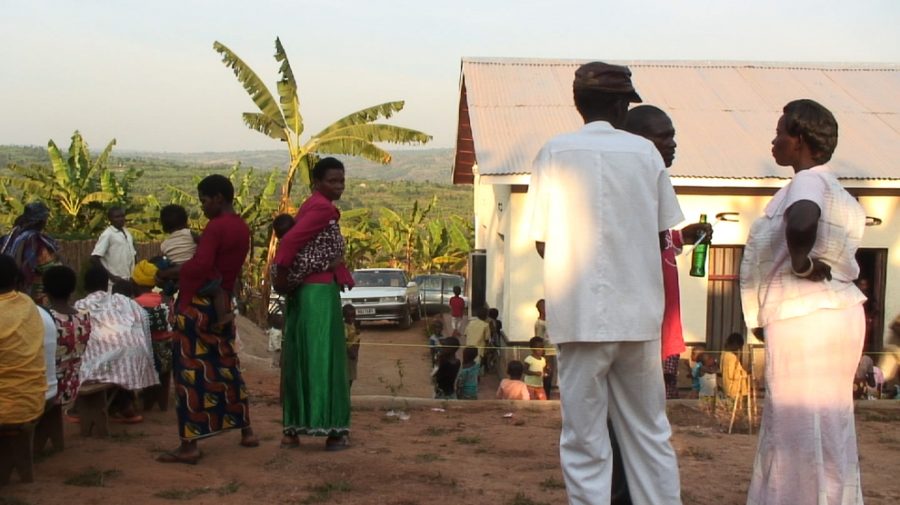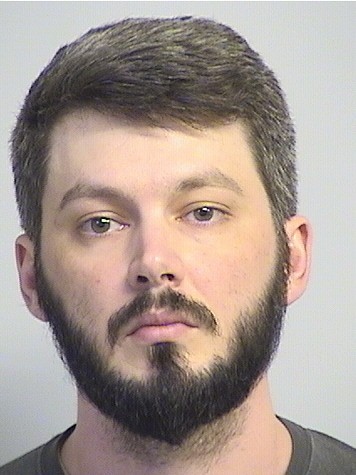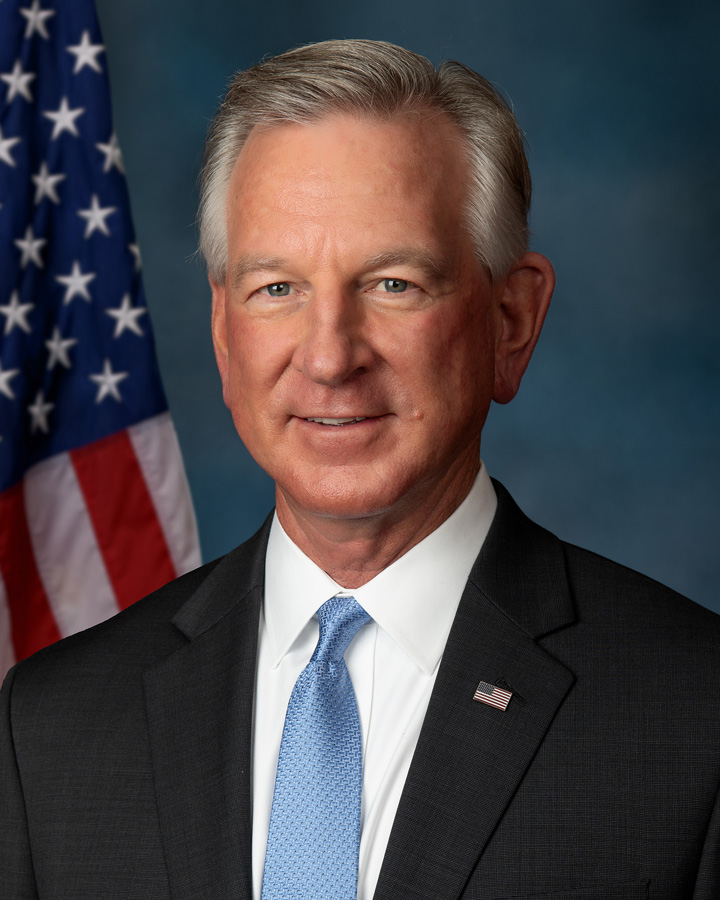“Are you still alive?” That’s the literal translation of “mwaramutse,” the morning greeting here in Rwanda. It’s a question that might seem strange, but it says a lot about this culture. Life is not particularly easy here, and nothing is simple. In fact, many will tell you that this country is one of the most socially complex nations in all of Africa, if not the world.
I say “Mwaramutse” and bargain a price for a ride on a moto (motorcycle taxi) to my internship at a public health organization every morning. On weekends I go out with friends—Rwandans and expats alike—just like I’d do at home, but I also have everyday conversations that leave me speechless because I don’t know what to say to someone who tells me, almost casually but still with a guarded look in their eyes, that their whole family was murdered in the genocide.
This tiny little east African country, about the size of Maryland, is nestled between the Democratic Republic of the Congo, Burundi, Tanzania and Uganda. Most know it for its bloody history just 16 short years ago, when the country was mired in genocide carried out by extremist Hutu rebels against members of the Tutsi tribe and so-called “moderate” Hutus as a solution to nearly a century of hatred and discrimination from both sides.
In just 100 days, Rwandan estimates hold that nearly one million people were brutally murdered. Some people lost their entire families. Others became unlikely accomplices in the violence—either through their apathy, their encouragement or outright participation in the mass mob-murders.
Despite its complexity and my “mzungu” (meaning “foreigner,” “white person,” or “rich person”) status, even in this short amount of time something can be learned from and about this land of a thousand hills, the place of eternal spring, the place so beloved and beautiful that legend holds that God himself returns to Rwanda to sleep at the end of each day. (And trust me, when you see that big, orange equatorial sun splitting into pinks and reds and purples as it sets over these endless hills, you can believe it.)
I came here because I wanted to understand how this beautiful country and its people could recover from a hatred that could fuel such an incomprehensible tragedy. Many will tell you that, today, Rwanda is one of the safest places in all of Africa. (And, yes, Africa can be safe.) Given their past, it is actually easy to understand that Rwandans would develop a total intolerance for any more violence in this country. The iconic post-genocide phrase, “Never Again,” really means something here. In fact, it means everything.
One cultural difference from the United States that seems to hold true for most African countries is that relationships are far more important than timeliness or deadlines. The last Saturday of every month in Rwanda is a government-mandated “umuganda,” when people all over Rwanda get together with their neighbors and do various chores and clean up around the neighborhood.
A friend I made here was moving into a new home a few weeks ago and had a traditional sort of house-warming party with dozens of people in his neighborhood. Everyone sat around outside enjoying Fantas and Cokes as the children played football (our soccer) with a handmade ball. Several men and women in the crowd stood up and gave speeches, welcoming my friend to his new home and offering their neighborly advice. My friend stood up, too, and spoke of his promise to help any of them if they needed him, whether they needed a helping hand on a project at home or just some sound advice. It was simple, but it was a weighty promise.
So the question, then, is how could a country where relationships mean so much forget the meaning of those relationships in the worst possible way?
There are a lot of answers to this question, and none of them seem to suffice. The best I can gather is that being human means we are capable of great compassion but also great destruction. People want to belong, people want power and people want superiority.
Rwandans will tell you that their nation is going through a time of healing, and that many are trying to find within themselves the propensity to forgive each other. But forgiveness is a complicated process, further muddled by the fact that Rwanda has a culture of obeying government orders. Today, the Rwandan Patriotic Front, the group that brought the genocide to an end 16 years ago, is leading the country, and their leader, Paul Kagame, is telling people to forgive each other.
One friend—a man proud to be Tutsi, but prouder still to be Rwandan—told me he doesn’t think everyone is really forgiving. Many are just going through the motions because that’s what they’re supposed to do. But there is still a lot of pain and anger, and Rwandans are just as human as anyone else. Can people really be expected to forgive the genocide this quickly?
My Tutsi co-worker lost nearly all of his family in the genocide, but told me he just can’t hold on to the anger. He has to move on and rebuild what he lost. An older Tutsi woman, who spent over half her life in Tanzania as a refugee from the decades of violence, told me she doesn’t want to know who killed her family members because it can’t bring them back.
There’s injustice everywhere around us—from our very own campus divisions to the gross errors destroying the Gulf to the wars being fought not too far from me now, in Congo, over the far-underpriced minerals that end up in our electronics. When we destroy what is around us, we destroy ourselves in the process. Having once succumbed to intolerance, hatred and greed, Rwandans have paid the worst price to learn this tragic lesson. Will we continue that cycle?
We travel the world to see what we’ve never seen before, to revel in the variety that exists on this earth, but we should learn to work with our neighbors, near and far, and to respect their dignity in all that we do, even if we don’t immediately see or feel the consequences ourselves.
Nothing is simple here, but nothing is really all that simple anywhere. We’re all still human, and we’re all still alive.
Linn Groft is a senior majoring in global studies in community development.










